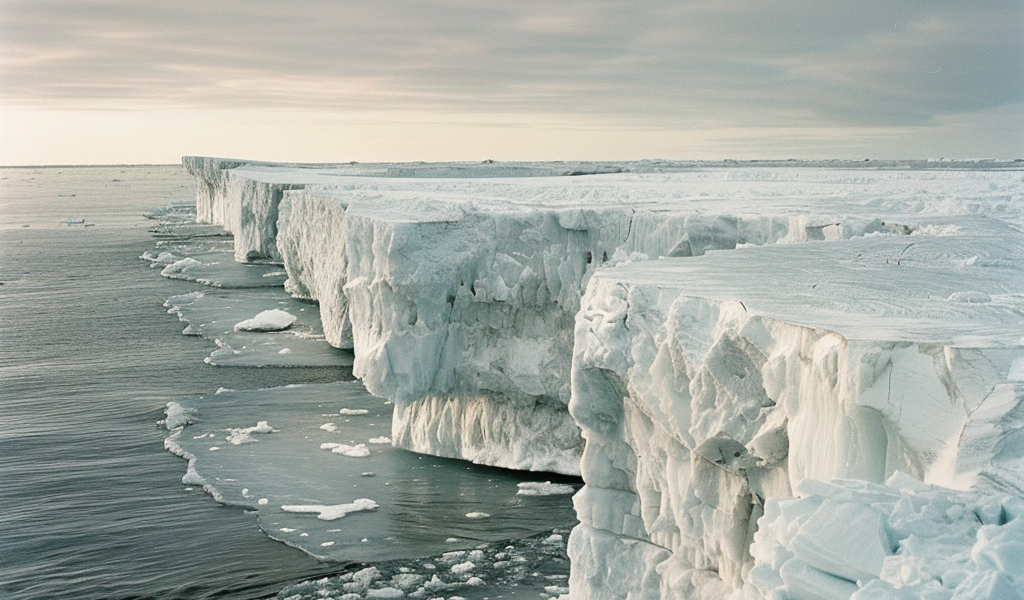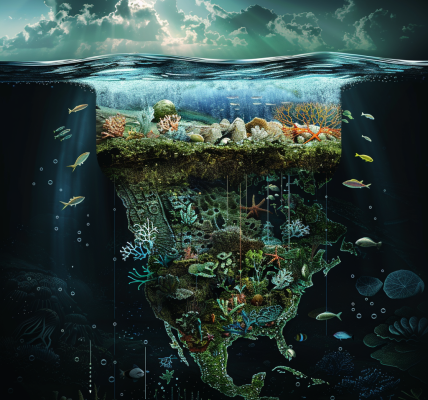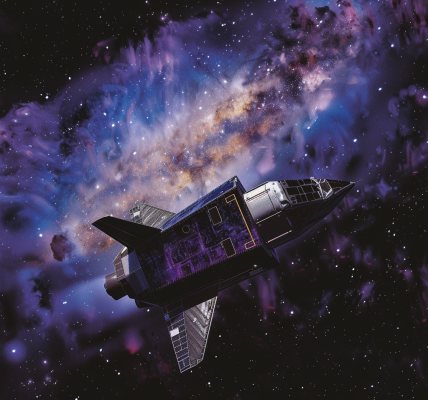Global warming has led to significant polar ice melt, which is now impacting the Earth’s rotation and altering time itself, according to a recent study. The gradual changes in the Earth’s rotation, influenced by the planet’s surface and molten core, have resulted in the need for occasional adjustments to the world’s clocks through the addition of a ‘leap second’ to maintain accuracy.
While the Earth’s rotation has been slowing for some time, it is now unexpectedly speeding up due to changes in its core. This unprecedented shift means that, for the first time, a second will need to be subtracted. The potential implications of this negative leap second are yet to be fully understood, as it has never been implemented before.
The study, published in the journal Nature, reveals that the impact of melting polar ice is delaying the need for a leap second by three years, pushing it from 2026 to 2029. This highlights the influence of global warming on the Earth’s rotation and timekeeping, underscoring the importance of understanding the effects of climate change on a global scale.
Prior to 1955, a second was defined based on the Earth’s rotation in relation to the stars. However, the introduction of highly precise atomic clocks led to the adoption of coordinated universal time (UTC) in the late 1960s. While UTC relies on atomic clocks, it still adjusts to accommodate the variations in the Earth’s rotation through the addition of leap seconds when necessary.
The long-term changes in the Earth’s rotation have historically been driven by the friction of tides on the ocean floor, which has contributed to slowing its rotation. However, the current acceleration in the Earth’s rotation, influenced by melting polar ice and global warming, presents a unique challenge for scientists and timekeepers seeking to maintain accurate time standards.





